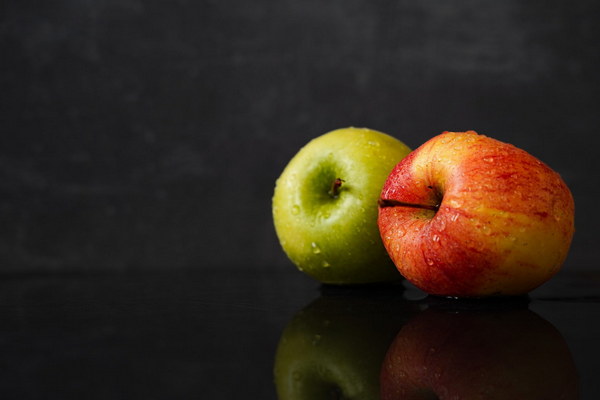Natural Remedies A Dietary Approach to Treating Pulmonary Hemoptysis
Introduction:
Pulmonary hemoptysis, or the coughing up of blood, is a condition that can be both alarming and distressing. While medical treatment is crucial, dietary adjustments can also play a significant role in managing this condition. This article explores the importance of dietary supplements in the management of pulmonary hemoptysis and provides a comprehensive guide to incorporating these into your daily routine.
1. Understanding Pulmonary Hemoptysis:
Pulmonary hemoptysis refers to the coughing up of blood from the respiratory tract. It can be caused by various underlying conditions, such as tuberculosis, pneumonia, bronchiectasis, and lung cancer. While it is essential to seek medical attention for proper diagnosis and treatment, dietary interventions can help alleviate symptoms and improve overall well-being.
2. Importance of Dietary Supplements:

Dietary supplements can provide essential nutrients that may be lacking in the diet of individuals with pulmonary hemoptysis. These supplements can support the body's healing process and strengthen the immune system. Here are some key supplements to consider:
a. Vitamin C: Known for its antioxidant properties, vitamin C can help reduce inflammation and support the immune system. Foods rich in vitamin C include oranges, strawberries, bell peppers, and leafy greens.
b. Vitamin E: Another powerful antioxidant, vitamin E can help protect lung tissue and improve respiratory function. Good sources of vitamin E include almonds, sunflower seeds, and spinach.
c. Vitamin K: Vitamin K is essential for blood clotting and can help prevent excessive bleeding. Foods high in vitamin K include kale, spinach, and broccoli.
d. Iron: Iron deficiency can lead to fatigue and weakness. Including iron-rich foods such as lean red meat, poultry, fish, beans, and lentils in the diet can help address this issue.
e. Selenium: Selenium is a mineral that plays a vital role in the immune system and can help protect against oxidative stress. Selenium-rich foods include Brazil nuts, seafood, and whole grains.
3. Incorporating Dietary Supplements into Your Routine:
To ensure maximum benefit, it is essential to incorporate these dietary supplements into your daily routine. Here are some tips:
a. Consult a healthcare professional: Before starting any new supplement regimen, it is crucial to consult with a healthcare professional to ensure that these supplements are appropriate for your specific condition.
b. Balance your diet: In addition to supplements, focus on a balanced diet rich in fruits, vegetables, whole grains, lean proteins, and healthy fats. This will provide a wide range of essential nutrients to support your overall health.
c. Monitor your intake: Pay attention to your body's response to the supplements and adjust your dosage as needed. Keep in mind that excessive intake of certain supplements can be harmful.
4. Additional Tips for Managing Pulmonary Hemoptysis:
In addition to dietary supplements, there are other ways to manage pulmonary hemoptysis:
a. Quit smoking: Smoking is a leading cause of pulmonary hemoptysis and can exacerbate symptoms. Quitting smoking is crucial for improving lung health and reducing the risk of complications.
b. Manage underlying conditions: Treating the underlying condition causing pulmonary hemoptysis is essential for long-term management. Follow your healthcare provider's recommendations for medication and treatment.
c. Maintain a healthy lifestyle: Regular exercise, adequate sleep, and stress management can contribute to overall well-being and support your body's healing process.
Conclusion:
Pulmonary hemoptysis is a serious condition that requires immediate medical attention. However, incorporating dietary supplements and making lifestyle changes can significantly improve your quality of life. By focusing on a balanced diet rich in essential nutrients and working closely with your healthcare provider, you can take a proactive approach to managing pulmonary hemoptysis and promoting overall health.









